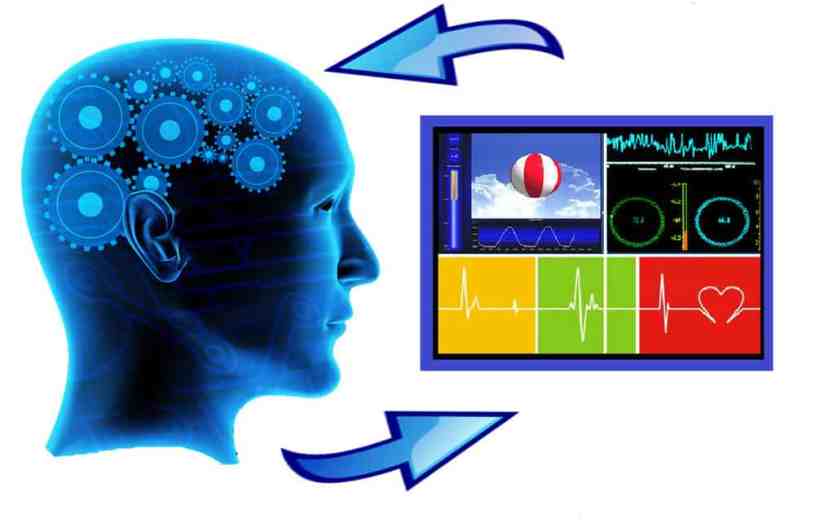It’s okay not to be okay! A popular phrase used when talking about mental health.
Dear Millenial Reader,
I hope you’re keeping well. With this month being a mental health awareness month, I ask you to reflect on what you have learnt so far on mental health. It is one thing to learn from theory and it is entirely another different experience when one has suffered from any mental health disorder.
This week, we have been tackling ‘depression’ from what it is, to how our workplaces can cause depression to how one can manage depression. Fortunately, it is treatable.

Story time
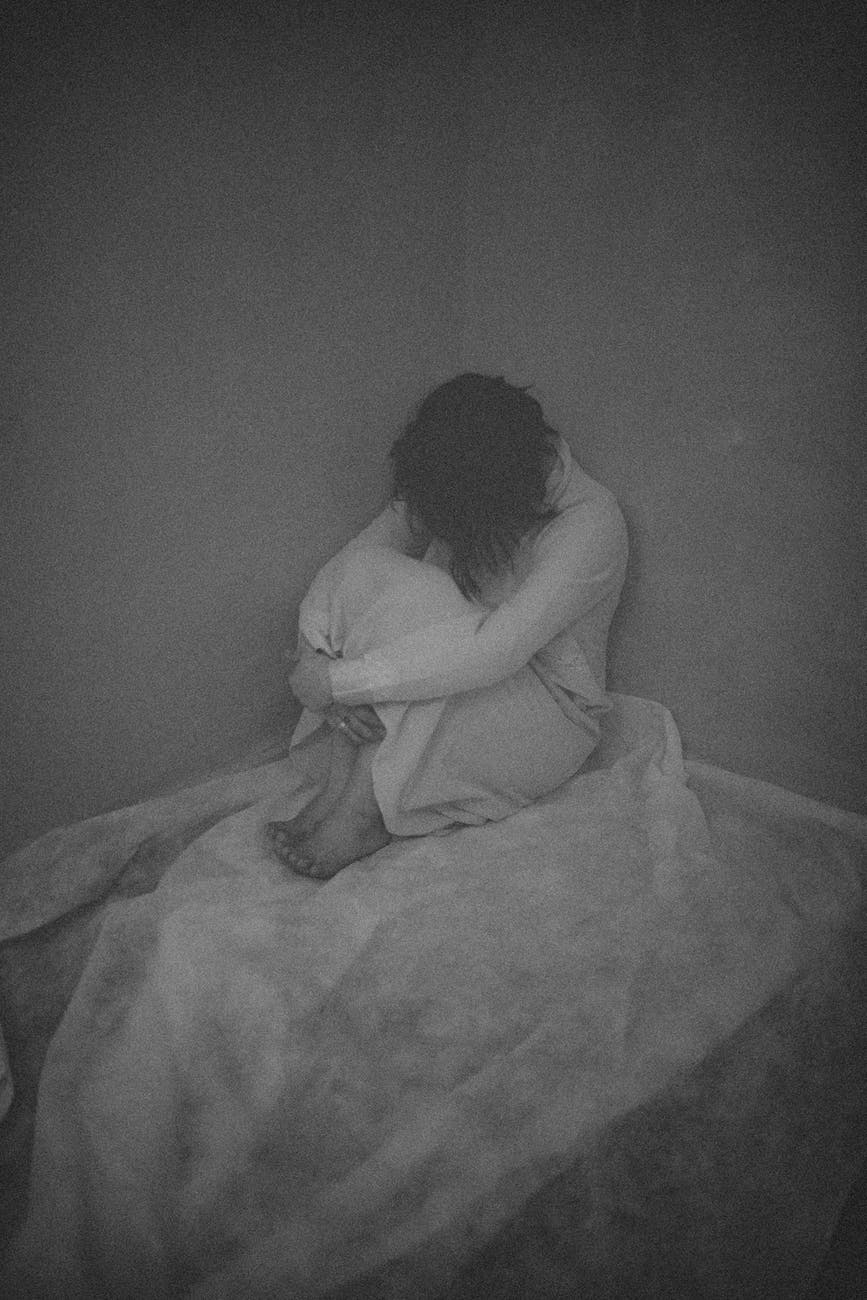
I have never been diagnosed with any mental health disorder but I remember sometime back when we had to visit a family friend. Back then, all I knew was that our family friend was sick but the extent of the sickness I knew not. I remember sitting next to my parents as our friend would crawl, roll and do funny things that were not expected of an adult. I remember wondering what was wrong with her and brave enough to ask my parents what was wrong with her. With a shrug, I remember my parents not wanting to respond to me but the stubborn me kept asking and prodding. In a dismissal tone, I remember hearing something along the lines of, “she’s sick in the head“.
The younger me was astonished as I kept wondering how someone could be ‘sick in the head’. I remember sitting next to her on the floor but afraid of her reaction since she couldn’t speak and had a stern expression on her face. Later on, I came to find out that she was depressed after losing her twin sister. Now, I could’ve faulted my parents for not being upfront with me or I could have insisted that they explain to me what was actually wrong with her and why the doctors were not treating her.
Growing up, mental health disorders were only mentioned behind closed doors: among close-knit families or with therapists. Even pursuing a career in psychology could be frowned upon because ‘we are Africans and mental health issues are white-people problems’.
My family friend passed on after some time and as a young girl, I got to know that once someone is ‘sick in the head’, they pass on. That for me has been the closest thing I learnt about depression. However, as time passed, it has become ok not to be ok and people are now talking openly about mental health issues.
So today, how about we look at alternative ways to manage depression:
- Acupuncture
- Acupuncture is an age-old healing practice of traditional Chinese medicine in which thin needles are placed at specific points in the body. It’s primarily used to relieve pain but also has been used to treat other conditions.
- In traditional Chinese medicine, it is believed that the body has a flow of energy or qi that regulates your health. If the flow is disrupted, you’ll feel ill. Applying needles to specific acupuncture points, called meridians, rebalances your energy flow and improves your health. Some people are even turning to acupuncture to treat their mental health issues, including depression.

- Aromatherapy
- Aromatherapy is a holistic healing treatment that uses natural plant extracts to promote health and well-being. Sometimes it’s called essential oil therapy. Aromatherapy uses aromatic essential oils medicinally to improve the health of the body, mind, and spirit. It enhances both physical and emotional health.
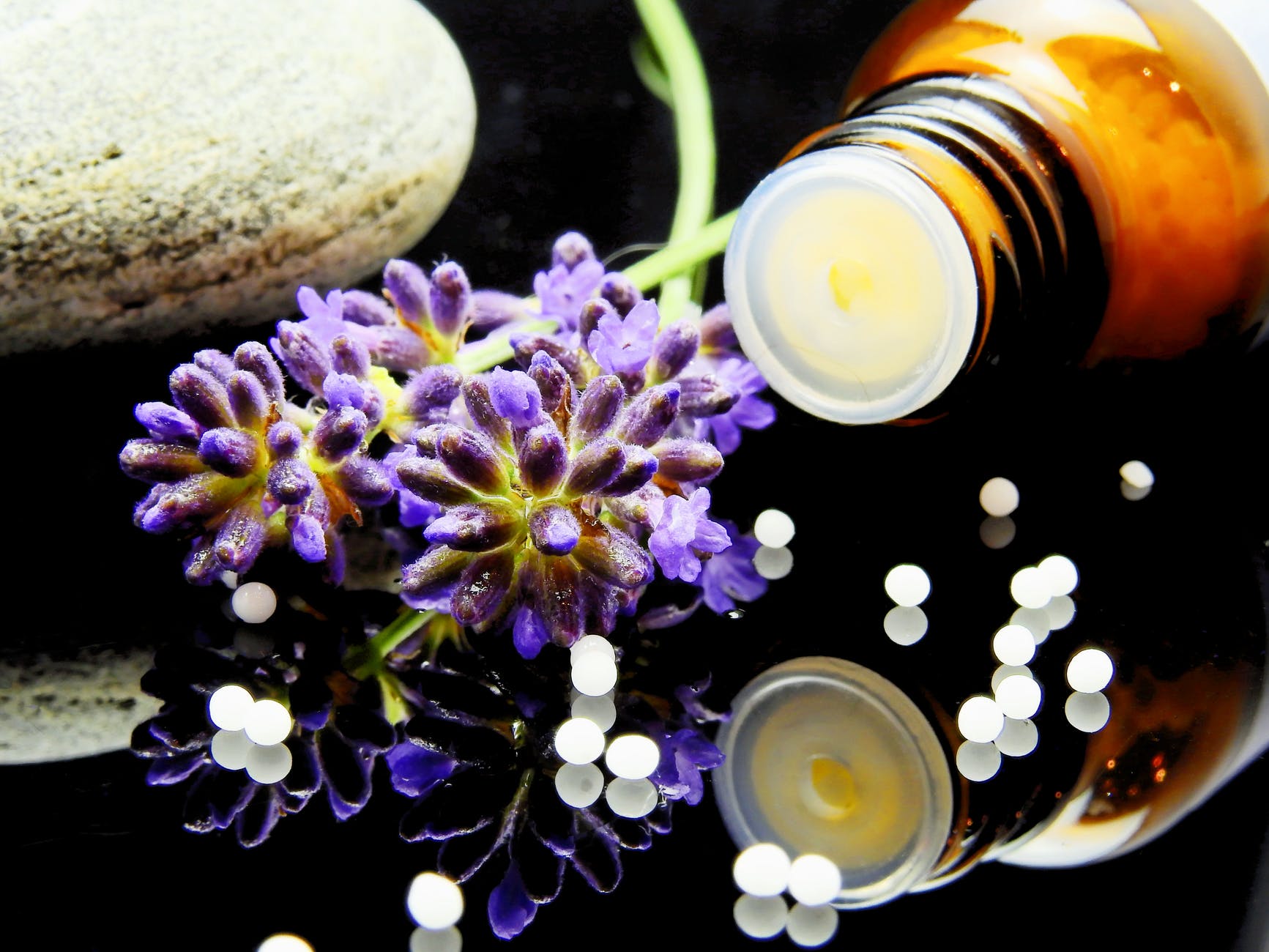
- Biofeedback
- Biofeedback is the process of gaining greater awareness of many physiological functions of one’s own body, commercially by using electronic or other instruments, and with a goal of being able to manipulate the body’s systems at will.
- Research findings suggest that biofeedback may be effective in reducing symptoms related to numerous mental health issues, including obsessive-compulsive disorder, postpartum stress, attention-deficit/hyperactivity disorder, depression, post-traumatic stress disorder and food cravings.
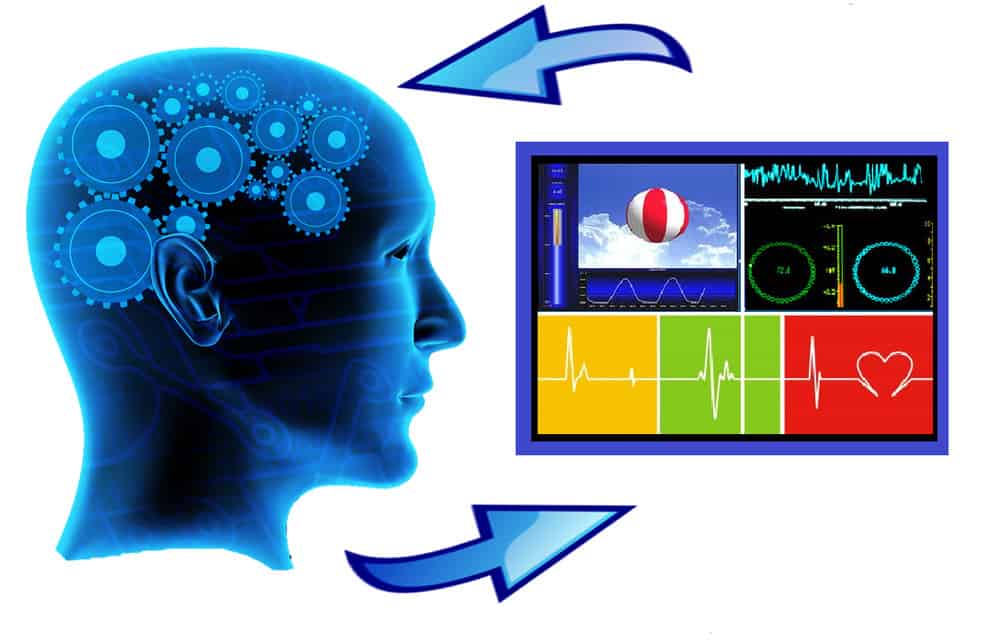
- Chiropractic treatments
- Chiropractic therapy is A type of therapy in which the hands are used to manipulate the spine or other parts of the body.
- Chiropractic care has been shown to lower blood pressure, proving that chiropractic care can help decrease symptoms associated with anxiety and depression.
- If you or someone who knows you have depression, you are not alone in your treatment options. You have more options than just drugs and therapy. Indeed, chiropractic care is an effective, safe, and science-based treatment that can help you improve your physical and mental health.
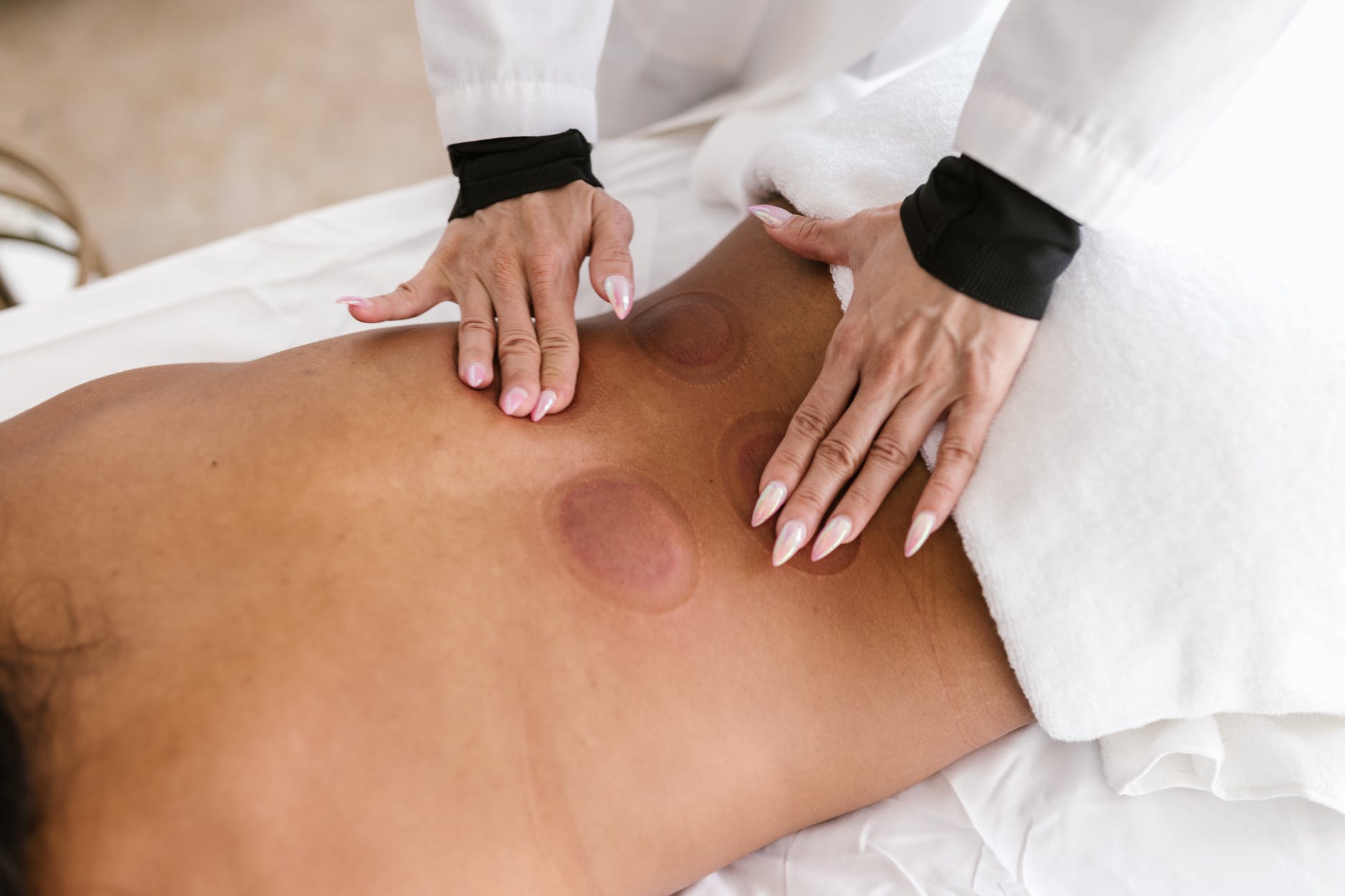
- Guided imagery
- Guided imagery is a type of focused relaxation or meditation. Focused relaxation involves concentrating on a specific object, sound, or experience in order to calm your mind. Visualization and guided imagery can relieve the feeling of being stuck in your head that depression and anxiety can cause.

- Hypnosis
- Hypnosis, also referred to as hypnotherapy or hypnotic suggestion, is a trance-like state in which you have heightened focus and concentration. Hypnosis is usually done with the help of a therapist using verbal repetition and mental images. When you’re under hypnosis, you usually feel calm and relaxed, and are more open to suggestions.
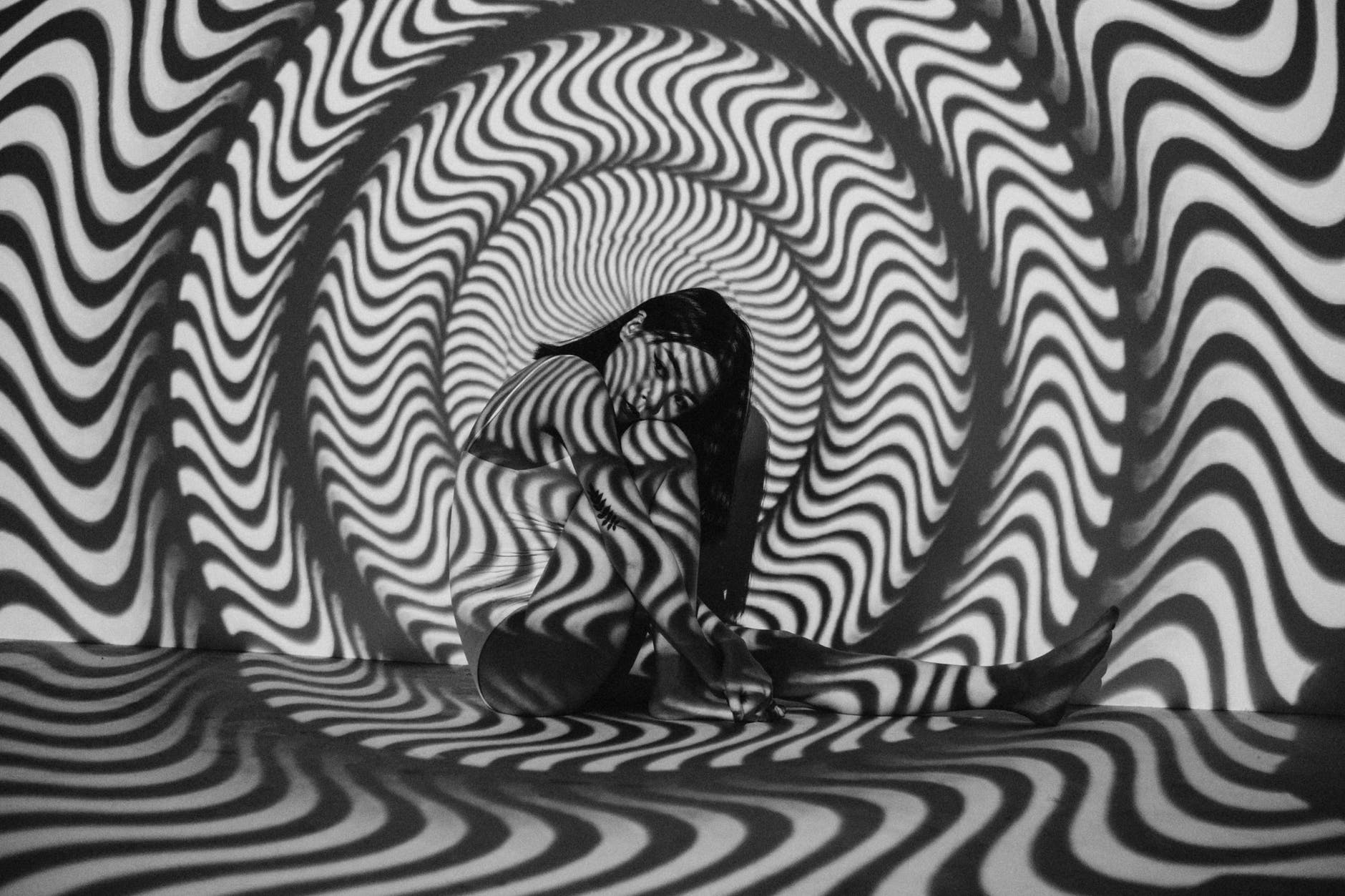
- Massage therapy
- During massage therapy, a therapist will manipulate your muscles and other soft tissues to enhance their function, promote relaxation, or both. If you have depression, massage therapy probably won’t cure your condition. But it may help relieve the physical symptoms associated with it.

- Meditation
- Meditation is the practice of focused concentration, bringing yourself back to the moment over and over again, it actually addresses stress, whether positive or negative.” Meditation can also reduce the areas of anxiety, chronic pain, depression, heart disease and high blood pressure.

- Yoga
- No two experiences of depression are the same. Yoga for depression can be part of a personalized treatment plan, helping people to manage their symptoms.

As a millennial or a gen z, have you experienced depression and what methods did you or someone close to you use to treat or manage it? Drop a comment below.
Till the next time, bye and happy reading!
Ruthie Kimani ❤❤❤
#mymentalhealthmatters
#mentalhealthawarenessmonth
#themillenialnews

